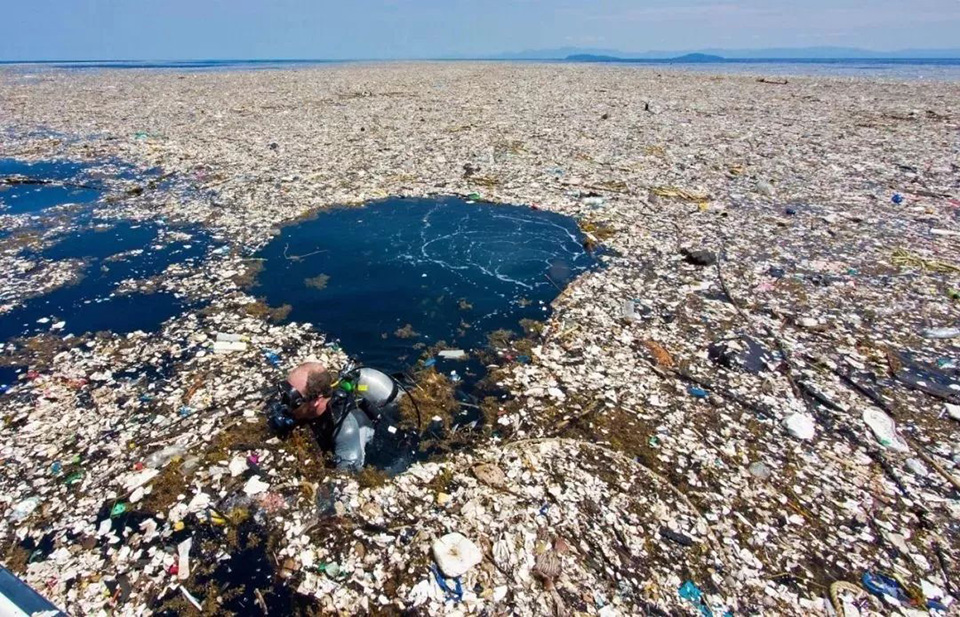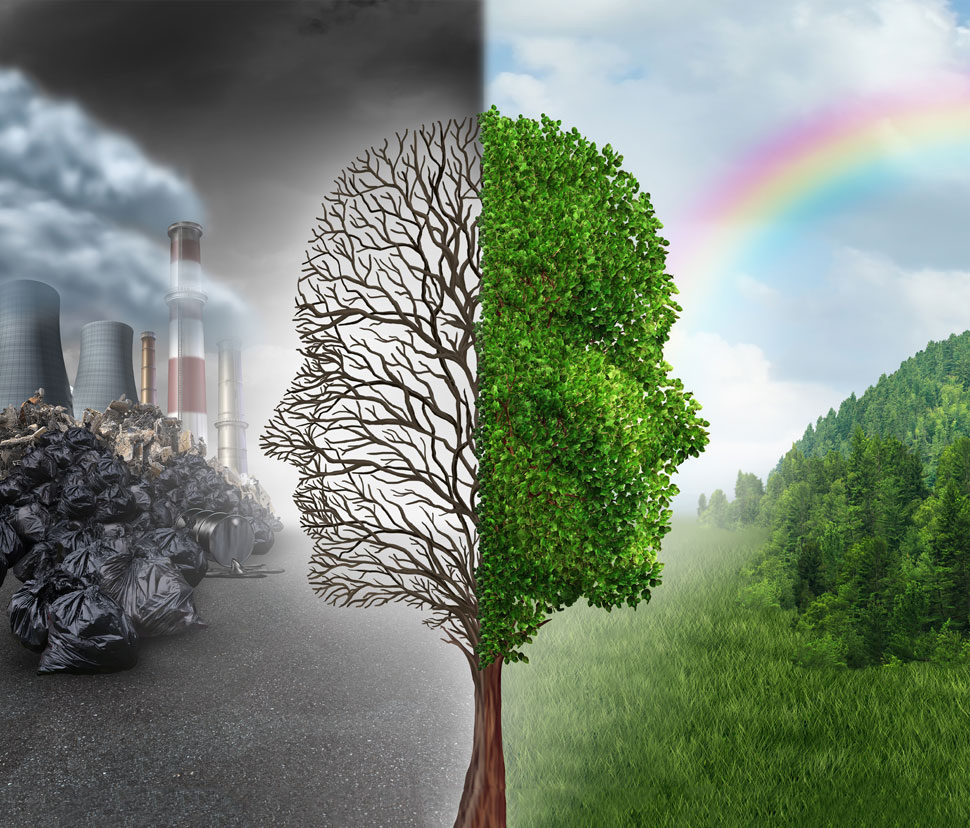With the improvement of environmental protection awareness, the damage of plastic waste to the ecosystem has become increasingly prominent. In order to reduce plastic pollution, the use of alternative bamboo and wood products has become one of the sustainable solutions. This article will explore why it is more environmentally friendly to replace plastic disposable products with bamboo and wooden products, and analyze it from the aspects of material source, life cycle and degradability, so as to call on people to change their consumption habits and choose more environmentally friendly alternatives.
Environmentally friendly advantages of bamboo and wood products Bamboo is a renewable resource with fast growth speed and low energy consumption, which reduces the pressure on forest resources. In contrast, plastic is made from petroleum and cannot be recycled, and its production process releases large amounts of greenhouse gases, causing severe environmental impacts. Choosing bamboo and wood products instead of plastic disposables can reduce the demand for oil, thereby reducing carbon emissions and energy consumption.
Life cycle of bamboo and wood products Bamboo and wood products have a long service life and good durability. In contrast, plastic disposables have a short lifespan and become garbage after one use, and most cannot be effectively recycled. The use of bamboo and wood products can reduce the generation of garbage, extend the service life of products, and reduce resource consumption and energy waste.
Degradability of Bamboo and Wood Products Bamboo and wood products are naturally degradable, non-toxic and harmless, and will not cause long-term pollution to the environment. In contrast, plastic waste takes hundreds of years to degrade naturally, releasing harmful substances and causing damage to soil and water resources. Using bamboo and wood products as alternatives can reduce pollution to land and water sources and maintain ecological balance.
Application cases of bamboo and wood products Bamboo and wood products have been widely used in disposable tableware, packaging boxes, paper towels, toothbrushes and other fields. For example, disposable bamboo tableware can replace plastic tableware, reducing the need for plastics, does not produce pollution, and can be degraded into organic fertilizer. In addition, through innovative design and processing techniques, bamboo and wood fibers can be made into shippable packaging materials, replacing environmentally unfriendly materials such as plastic foam.
How does the promotion of environmental awareness promote the application of bamboo and wood products? Vigorous advocacy and education are crucial. The government, media, enterprises, schools and other parties should strengthen the cultivation and publicity of environmental awareness and promote the use of bamboo and wood products instead of plastic disposables. In addition, consumers should also actively change their purchasing and usage habits and choose environmentally friendly products to promote the growth of market demand for bamboo and wood products.
Replacing plastic disposables with bamboo and wood products is a sustainable and environmentally friendly option. Bamboo and wood products have environmental protection advantages. Considering the source of materials, life cycle and degradability, they can reduce the negative impact on the environment and achieve effective use of resources. Through active environmental publicity and individual efforts, we can jointly promote the application of bamboo and wood products and contribute to creating a better environment.
Post time: Dec-02-2023








